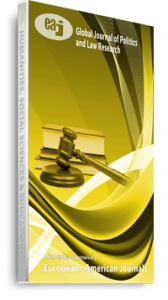Commercial surrogacy has flourished in recent times, apparently increasing by 1000% internationally between 2008 and 2010.[1] Countries have responded to the problem in different ways.[2] In Australia, surrogacy has recently been made the subject of specific legislation in all states and territories apart from the Northern Territory.[3] The legislation draws a fundamental distinction between altruistic surrogacy and commercial surrogacy (the subject of this article). Surrogacy is commercial if the commissioning parents[4] have agreed to pay the birth mother[5] more than reimbursement of her expenses incurred in the pregnancy and birth. Under the surrogacy legislation, it is usually a crime to enter into a commercial surrogacy agreement, advertise for surrogacy arrangements, and procure surrogacy arrangements.[6] In three jurisdictions, the offences are expressly stated to apply with extraterritorial effect, [7] in order, it has been said, to prevent evasion of the legislation and exploitation of women in developing countries.[8] By contrast, unpaid (‘altruistic’) surrogacy is permitted, subject to extensive and diverse regulations which are designed to protect the parties to surrogacy arrangements and the children born from them.
Keywords: Commercial Surrogacy, Law Issues, Troubling Family

